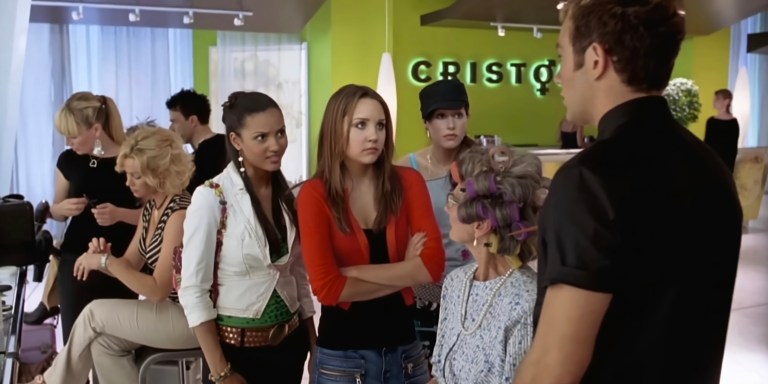
Ira Glass got into a tempest of controversy recently for tweeting that “Shakespeare sucks.” The apoplexy was downright tangible. From coast to coast, Dunning-Kruger cases engaged in an orgy of signaling their erudition. After all, everyone knows that Shakespeare is the best writer ever, just like everyone knows that the Civil War was about slavery and that Che Guevera was basically Obama before Obama.
I’m here to say that it’s OK to hate Shakespeare. You are hereby absolved of pretending to love his work. To hate him does not make you a boor any more than eating Fancy Feast makes you an aristocrat. Nor does hating him make you a contrarian. It just makes you someone capable of objective, critical judgment.
Defending Shakespeare impresses no one. His accomplishments are many and they are profound. He wrote some of the most important plays in history, and his influence is enormous and pervasive. One can admit to all this—hell, how can one deny it?—and still say with a straight face that he sucks. Nor does one have to know his entire oeuvre by heart to be in a position to denounce him. A person needn’t sample an entire menu before putting forth the idea that, just maybe, a given restaurant isn’t all it’s cracked up to be.
My issue with Shakespeare is this: I can think of no single writer that has had a worse effect on America’s youth. No one else turns away so many at a time where many people are being exposed to adult reading for the first time in their lives. And that is why I condemn and denounce him.
The path to reading Shakespeare is having him assigned in middle school or high school, not picked up for fun. Then begins the actual text. Plays are not meant to be read—at least not in a casual, non-technical context. For the lay reader, it’s a tricky feat to vacillate between spoken lines and the stage directions. The difference between reading a quip and watching it performed could not be more profound, especially for a writer as nuanced as Shakespeare. Such a text is inherently a source of literary discomfort.
Then there is the language itself. Not only is Shakespeare written in British English, but the dialect is centuries out of date. Worse is the fact that it’s written in meter, delivered in an unnatural cadence that is tricky to imagine. Is writing a play in iambic pentameter a difficult, great accomplishment? Surely. But that doesn’t make it any less tedious for the reader to parse—especially at a young age.
Worst of all are Shakespeare’s comedies. Laughter is an immediate, involuntary, visceral reaction, not the consequence of deduction and explanation. In conversation, failing to get a joke causes a sense of embarrassment, humiliation, or simple annoyance at the very least. Reading a Shakespeare comedy has the parallel effect. It causes the reader to feel as if he has autism, not understanding where the punch lines exist nor why they exist as punch lines other than in some vague, abstract sense. “Get thee to a nunnery!” might be a clever play on mores of the era, but I doubt it has caused a single person to laugh in literally centuries.
Finally there comes the fact that Shakespeare’s plays have been enormously influential. Rather than coming off as inventive—as they were in their time—they now read as clichéd and transparent because so much art has drawn on them. Though these things came later, they are precisely what the average person will encounter first.
Of course Shakespeare was great for his time. So is rotten food. What was once wonderful at first is now dated, spoiled, and of far less value. Thought Shakespeare’s works are considered “timeless,” they are very much a function of their time—from the language to the style to the settings and characters.
Frankly, it would make more sense to read the scripts of some British television sitcom from the 1950s. By several orders of magnitude, they’d be more enjoyable, coherent, and relatable for the layperson to read. No one would seriously suggest doing that—yet what is actually happening in schools is far worse. Young people are being made to feel that reading is a chore that is far beyond them, that they need some intellectual to explain the significance of what is in front of them. That’s the lesson of Shakespeare, and it is a pernicious one.
Like Shakespeare, the pyramids of ancient Egypt were amazing feats of construction. The Great Pyramid held the record for being the tallest building on earth for millennia. But the pyramids, like Shakespeare, belong to the dead and not we the living. Next time someone rolls their eyes because you hate on Shakespeare, ask them why they’re incapable of thinking for themselves. Their subsequent shitfit? That’s a real contemporary comedy—and, in a sense, a tragedy as well. ![]()





